Understanding Biomass Boiler Costs and Their Industrial Impact
As the global energy landscape continues to evolve, industries are increasingly seeking cost-effective and environmentally responsible heating solutions. In this transition, the biomass boiler plant has emerged as an important choice for sectors ranging from food processing and building materials to textiles and agriculture. At the heart of every energy investment lies a critical question: how do biomass boiler costs compare to other energy systems, and what factors determine their value?
The biomass boiler costs depend on multiple aspects — fuel type, system design, capacity, automation level, and the local availability of renewable feedstocks. While the upfront investment may be higher than that of a conventional coal-fired boiler, the long-term operation often proves more economical, given the use of low-cost renewable fuels such as wood chips, agricultural residues, or olive pits. Moreover, reduced carbon emissions and compliance with strict environmental policies contribute to lowering indirect costs associated with carbon taxes or emission permits.
Technical Insight: ZOZEN SZW Series 6 tph Biomass Steam Boiler
When evaluating biomass boiler costs, it is essential to look beyond the purchase price and understand how advanced engineering directly influences efficiency, reliability, and lifecycle expense. ZOZEN’s SZW series 6 tph double-drum biomass steam boiler exemplifies this relationship through its refined structure, adaptive combustion system, and optimized energy utilization.
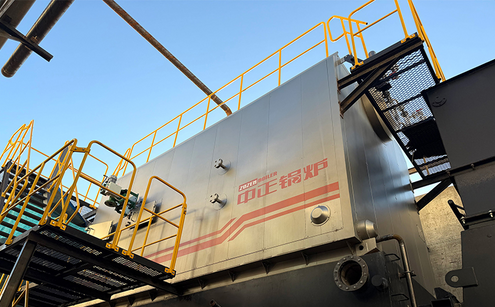
The SZW biomass boiler adopts a double-drum vertical arrangement, in which water tubes form a tightly sealed membrane wall. This configuration enhances thermal transfer, ensures uniform heat distribution, and reduces energy loss through radiation. The separated steam and water circulation paths enable superior steam quality and prevent water carryover — a key factor in maintaining process stability for industries like food processing and chemical manufacturing.
At the core of this boiler’s performance lies its reciprocating grate system, designed to accommodate a wide range of biomass fuels such as crushed olive pits, wood chips, corn stalks, and forestry residues. Unlike fixed or chain grates, the reciprocating design provides controlled movement of the fuel bed, allowing continuous mixing and exposure of fresh fuel to combustion air.
This dynamic process ensures complete burning even for fuels with inconsistent particle sizes or varying moisture content. The flexible feeding and ash discharge mechanisms also contribute to smooth operation and easy maintenance. For end users, this means stable steam generation, minimal unburned carbon, and predictable biomass boiler costs over the system’s lifetime.
The SZW boiler integrates a multi-stage air distribution system, combining primary, secondary, and tertiary air inlets with automated dampers. This precise air-fuel ratio control helps maintain optimal combustion temperature and reduces NOx formation. The result is an energy-efficient process with lower emissions, supporting compliance with European and global environmental standards.
In addition, the boiler is equipped with an intelligent PLC control platform that monitors feed rate, temperature, pressure, and oxygen concentration in real time. Such automation minimizes manual intervention and enables fine-tuning of combustion efficiency, which directly affects biomass boiler costs associated with labor, maintenance, and fuel waste.
ZOZEN designs each SZW biomass steam boiler with long-term reliability in mind. The pressure-bearing components are manufactured from high-grade steel, with precise welding performed by certified technicians. The heating surface layout is optimized to reduce ash accumulation, and the boiler is fitted with efficient soot blowers that can operate without shutdown. This means reduced downtime, extended service intervals, and more predictable operational biomass boiler costs.
Case Study: Sustainable Steam Supply for a Spanish Food Producer
One such company, located in southern Spain, sought a sustainable steam solution for its olive oil and fruit processing facility. The factory generated substantial quantities of by-products such as olive pits and pruning residues — materials that could serve as efficient renewable fuel. To harness this local resource while maintaining production reliability, the company partnered with ZOZEN Boiler, selecting the SZW series 6 tph double-drum reciprocating grate biomass steam boiler.
The ZOZEN solution was engineered to accommodate the facility’s mixed fuel composition — primarily crushed olive pits blended with wood chips — while ensuring the high-quality steam necessary for food processing. The reciprocating grate’s mechanical movement allowed smooth combustion of the granular olive residue, preventing clinker formation and enabling consistent heat output.
In the production process, steam from the SZW biomass boiler supports key stages including olive paste heating, sterilization of containers, and concentration of extracts. The high thermal efficiency of the boiler not only stabilized the plant’s energy performance but also reduced fuel consumption, translating into lower operating biomass boiler costs over time.
Beyond the technical success, ZOZEN’s professional project management and service support were essential to the client’s satisfaction. From system design and shipment to commissioning and operator training, the entire process was executed with close coordination. The ZOZEN team’s understanding of European industrial standards and on-site fuel characteristics ensured smooth installation and long-term reliability. As a result, the food manufacturer achieved a significant reduction in both energy expenses and CO₂ emissions, without compromising production quality or output.
The True Value Behind Biomass Boiler Costs
When evaluating biomass boiler costs, it is important to consider the total cost of ownership rather than just the purchase price. A high-quality biomass system such as ZOZEN’s SZW series contributes to lower fuel usage, extended service life, and minimal maintenance interruptions — all of which reduce cumulative expenses. The boiler’s design flexibility also allows operators to utilize locally available agricultural or forestry residues, further lowering dependence on imported energy.
ZOZEN Boiler’s expertise in biomass combustion technology goes hand-in-hand with a robust after-sales service system. The company provides on-site guidance during installation and commissioning, technical training for operators, and ongoing remote monitoring through its intelligent service platform. This ensures that customers receive continuous performance optimization, timely troubleshooting, and spare parts support throughout the boiler’s lifespan.
In addition, ZOZEN’s engineers work closely with clients to tailor combustion systems, feeding devices, and emission controls based on the characteristics of regional biomass fuels. Whether in Europe, Southeast Asia, or Latin America, the company’s experience in adapting solutions to local conditions has proven instrumental in achieving low operating biomass boiler costs and stable production outcomes.

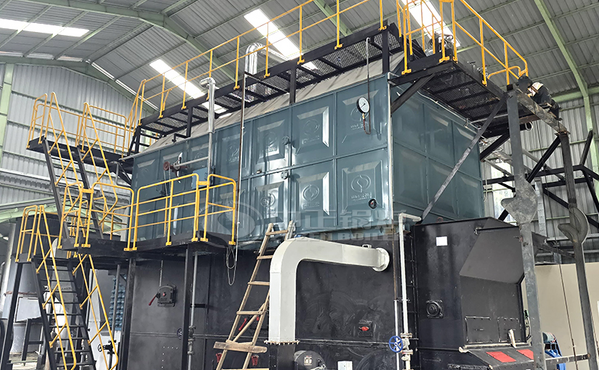
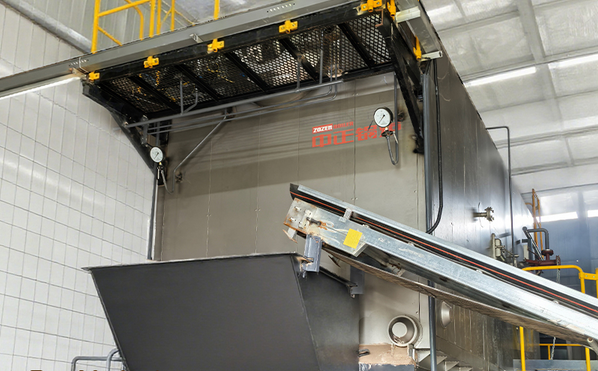
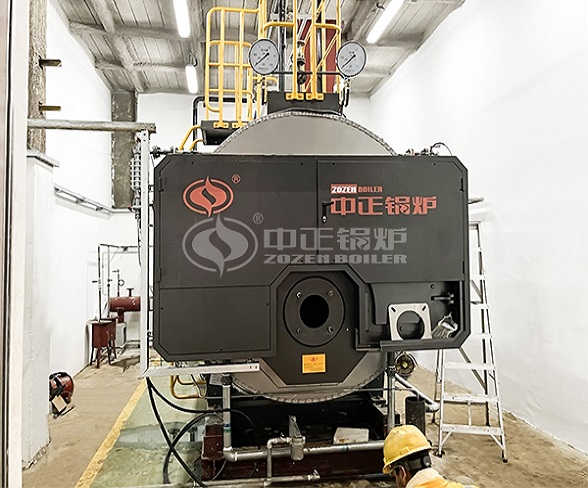
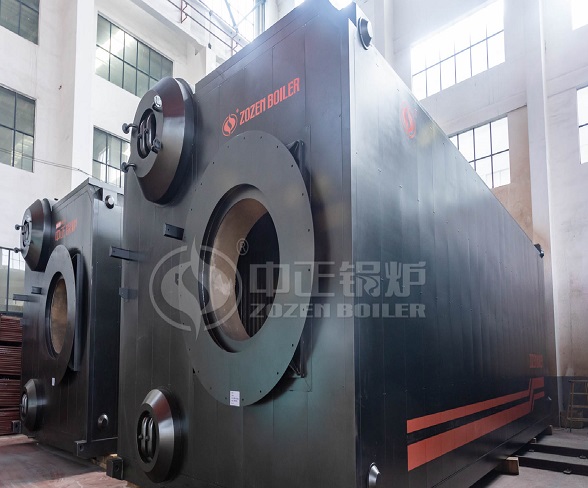


LEAVE A MESSAGE
For all inquiries, please fill in the form below (* are required) to send us a brief message, and we will get back to you as soon as possible.